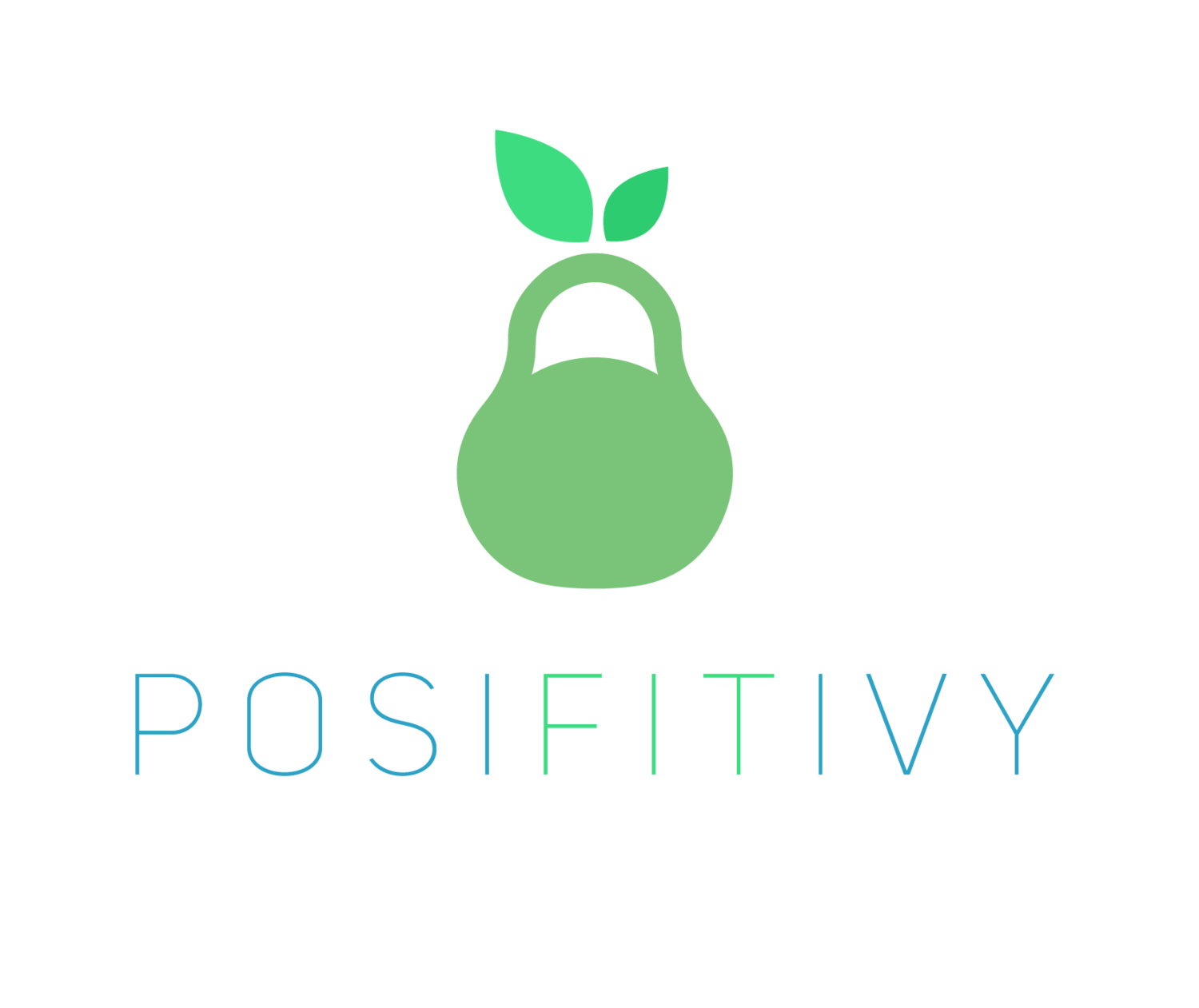Eating in Moderation… Or Not
I’m almost finished reading Food Politics by Marion Nestle, which was published close to 20 years ago but remains relevant. Marion Nestle is a giant in the nutrition space and a professor at both New York University and Cornell University; she continues to blog daily at Food Politics.
Food Politics covers in great depth how the food industry influences nutrition and health. One theme, however, stood out to me: “moderation” as a food industry tactic. I’m particularly interested in the idea of “moderation” because it permeates the online health, fitness, and nutrition space; it was also a word I heard used frequently by patients when I worked as a medical assistant at Ethos Primary Care. Moderation is touted as the pinnacle to be achieved: anything in your diet can be enjoyed in the appropriate quantity, and restriction of any food is extreme.
Marion Nestle writes that, “If people are confused about nutrition, they will be more likely to accept [nutrition] claims at face value. It is in the interest of food companies to have people believe that there is no such thing as a “good” food (except when it is theirs); that there is no such thing as a “bad” food (especially not theirs); that all foods (especially theirs) can be incorporated into healthful diets; and that balance, variety, and moderation are the keys to healthful diets—which means that no advice to restrict intake of their particular product is appropriate.” [emphasis mine] In other words, the food industry benefits from sowing confusion such that consumers (you!) will feel comfortable including their products in your diet, healthful or not.
This passage (and its message, emphasized repeatedly throughout the book) was eye-opening. I wonder: how many of us spreading the message of “moderation” know what its origins are? More importantly, how harmful is “moderation,” really? How is it contributing to the chronic disease epidemic which is positively ravaging the United States (and increasingly, countries around the globe)?
Certainly, it’s important to be conscious and intentional when making food choices. A treat on holidays or occasions will not make you sick. However, the food industry designs food to be addictive; often, complex technical engineering goes into designing flavor and texture. Moderation works against us because when these flavors join our palate, whole foods taste much less appealing. More importantly, once you start, it’s difficult to stop. A “moderation” mentality encourages us to build unhealthy, processed foods into our day-to-day lives. They add salt, fat, sugar, and calories into our diet and coax good, robust health out of our reach.
The insidious thing about chronic disease is that it is slow and uneventful—until one day, it isn’t. Chronic disease isn’t a gunshot wound, a car accident, or a congenital disease. It may seem that the achy joints, low energy, or chest pains just appeared one day, but really, they were creeping up on us as we assaulted our bodies daily—moderately—with unhealthful foods.
I’m definitely not perfect and enjoy a treat on occasion. However, it’s important to be conscious of what we eat and put the fear of restriction away for good. Some foods deserve shelving permanently, especially because good nutrition, in my opinion, is the critical foundation of sound health. A “moderation” mentality is a crutch that doesn’t serve you; it can be frightening to let go of it because the alternative seems so limiting, but in reality, what is truly oppressive is our dependence on food items that are damaging to our bodies.
Finally, remember that the goal isn’t to live forever, as I always say. The goal is to find joy and purpose; to be able to actualize our dreams; to be present for our loved ones; and for me, to worship God and respect the body that He gave me to navigate this world in. You only have one body, and everything you put in it promotes health or disease. We should refuse to engage any longer in habits (promoted by the food industry!) that put our bodies on the line. Today, take stock of your diet and cross “moderation” off for good.


